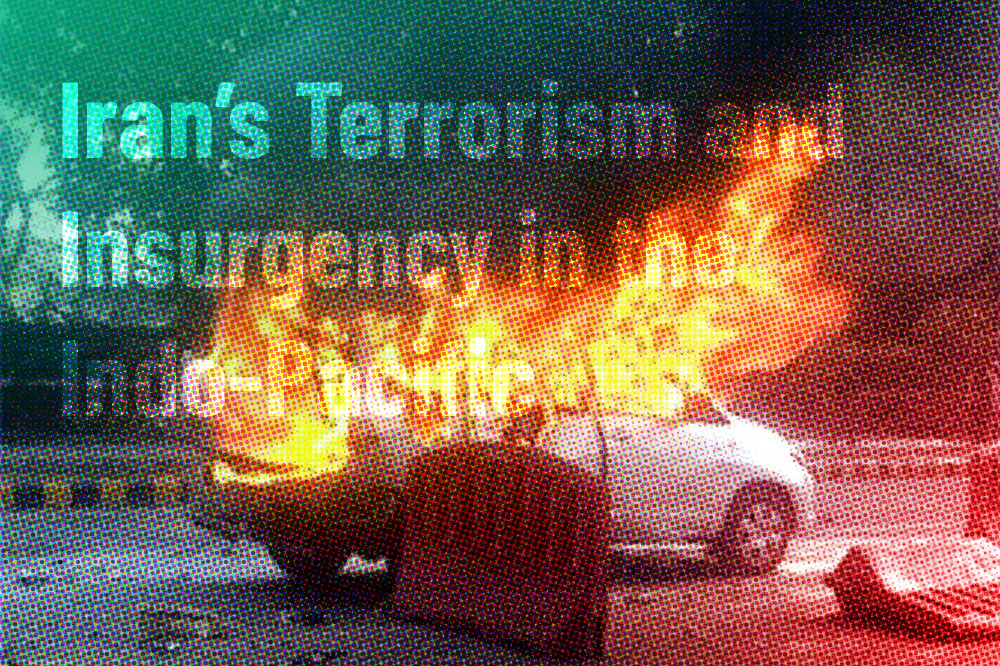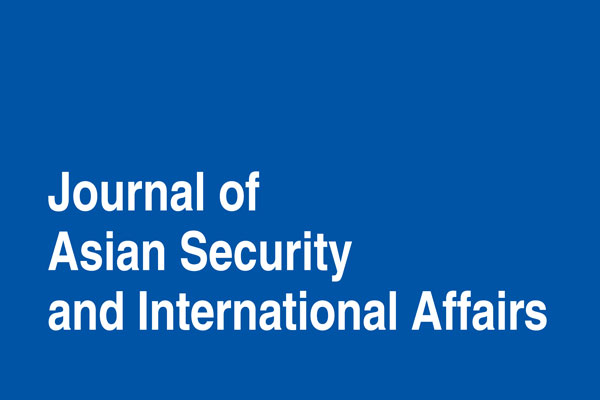Dr. Lumpy Lumbaca’s article “How Irregular Warfare Can Find—and Exploit—the Vulnerabilities in China’s Defense Industrial Base” was recently published by the Modern Warfare Institute.
In the article, Lumbaca explores how the United States can leverage irregular warfare to target and disrupt China’s defense industrial base amid the ongoing strategic competition between the two nations. China’s “increasingly dangerous and illegal activities in the gray zone” pose significant challenges, but the U.S. can counter these by focusing on China’s vulnerabilities. Lumbaca argues that disrupting China’s defense industrial base, which is crucial to its military and economic power, could significantly weaken China’s military capabilities and shift the global strategic balance in favor of the U.S.
Lumbaca highlights several tactics the U.S. could employ, such as imposing stringent export controls and targeted sanctions to cut off China’s access to critical technologies. By doing so, the U.S. could create significant bottlenecks in China’s military production. Additionally, Lumbaca suggests disrupting China’s global supply chains and using cyber operations to “cause significant delays and errors in the production of military equipment.” Such measures would slow China’s military advancements, forcing it to rely on inferior alternatives or divert resources to develop domestic capabilities.
Furthermore, the article discusses the potential of targeting China’s human capital by encouraging a “brain drain” of top scientists and engineers and using information warfare to expose inefficiencies within China’s defense sector. Lumbaca concludes by emphasizing the need for the U.S. to strengthen regional alliances and invest in its own defense capabilities to maintain a technological edge. “With the necessary legal authorities in place, these actions… would ensure that the United States and its allies remain well positioned to deter China’s dangerous and illegal behavior” while maintaining global security stability.
Jeremiah “Lumpy” Lumbaca, PhD, is a retired US Army Green Beret and current Department of Defense professor of irregular warfare, counterterrorism, and special operations at the Daniel K. Inouye Asia-Pacific Center for Security Studies. The views expressed are those of the author and do not reflect the official position of the United States Military Academy, Department of the Army, or Department of Defense.










Leave A Comment